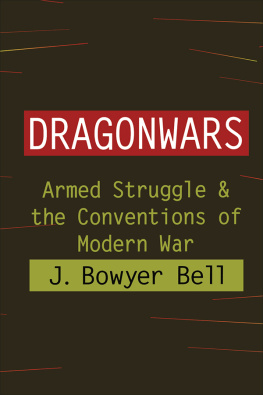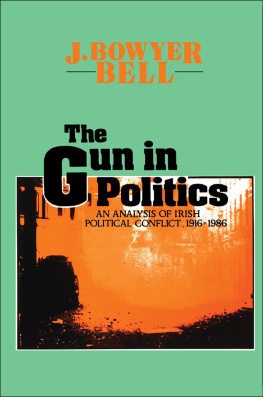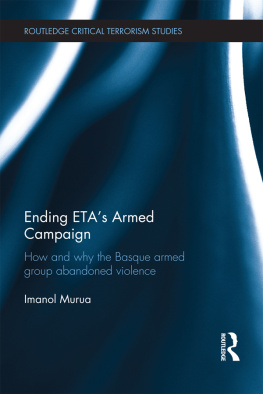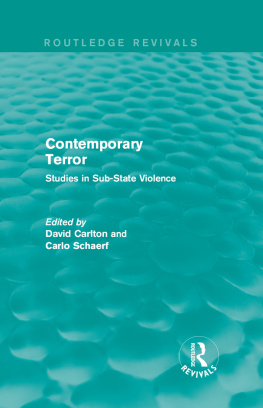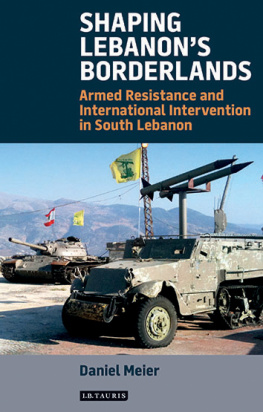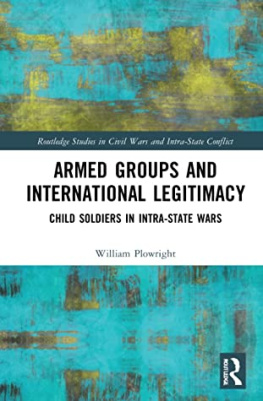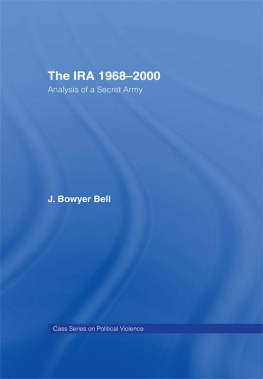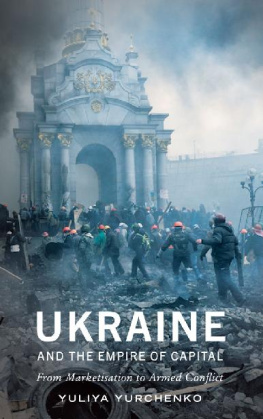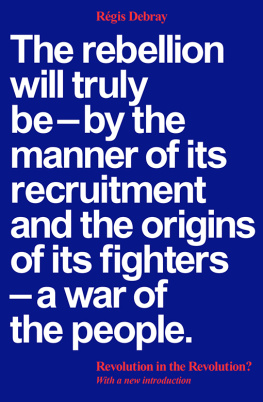J. Bowyer Bell - Dragonwars: Armed Struggle & the Conventions of Modern War
Here you can read online J. Bowyer Bell - Dragonwars: Armed Struggle & the Conventions of Modern War full text of the book (entire story) in english for free. Download pdf and epub, get meaning, cover and reviews about this ebook. publisher: Transaction Publishers, genre: Politics. Description of the work, (preface) as well as reviews are available. Best literature library LitArk.com created for fans of good reading and offers a wide selection of genres:
Romance novel
Science fiction
Adventure
Detective
Science
History
Home and family
Prose
Art
Politics
Computer
Non-fiction
Religion
Business
Children
Humor
Choose a favorite category and find really read worthwhile books. Enjoy immersion in the world of imagination, feel the emotions of the characters or learn something new for yourself, make an fascinating discovery.
- Book:Dragonwars: Armed Struggle & the Conventions of Modern War
- Author:
- Publisher:Transaction Publishers
- Genre:
- Rating:3 / 5
- Favourites:Add to favourites
- Your mark:
Dragonwars: Armed Struggle & the Conventions of Modern War: summary, description and annotation
We offer to read an annotation, description, summary or preface (depends on what the author of the book "Dragonwars: Armed Struggle & the Conventions of Modern War" wrote himself). If you haven't found the necessary information about the book — write in the comments, we will try to find it.
For centuries international order has been troubled by small wars, insurrections, and revolts--low intensity conflicts. With the implosion of the Soviet empire many thought such violence could be eradicated through the growth of democracy, open societies, and increased productivity and education. Instead the world remains filled with turmoil, pogroms, famine, civil war, rebellion, and terror, often instigated by armed and dangerous zealots. To Americans such killers seem alien and inexplicable, fanatics without reason, beyond the reach of conventional containment or retaliation. J. Bowyer Bell here explores the psychological and strategic ecosystems (which he terms dragon worlds) of modern political violence and suggests how America might effectively deal with it. Dragonwars combines analysis with historical examples drawn from Americas involvement with armed struggle in Lebanon, Central Am-erica, Greece, and Vietnam. In each instance, Bell argues, American policy was flawed by lack of empathy and historical understanding combined with a belief that failure could be traced to mistakes in details and procedures. The break up of the old bipolar U.S.-Soviet confrontation released suppressed ambitions, tribal greed, and greater flexibility for the small player. With new technologies of terror, zones of security will become smaller, since open societies present attractive targets for zealots. Bell rejects the notion that massive force can effect a swift and final result. Instead, a new type of warrior will be required; one versed in history and empathetic to the belief-systems of the dragonworlds in which they are deployed. Bell acknowledges that his proposals run counter to American belief and practice, but argues that in the face of insoluble conflicts, incremental advantages, through limited altered global arena, Dragonwars will prove an indispensable guide for policymakers, military planners, historians, and political scientists.
J. Bowyer Bell: author's other books
Who wrote Dragonwars: Armed Struggle & the Conventions of Modern War? Find out the surname, the name of the author of the book and a list of all author's works by series.

